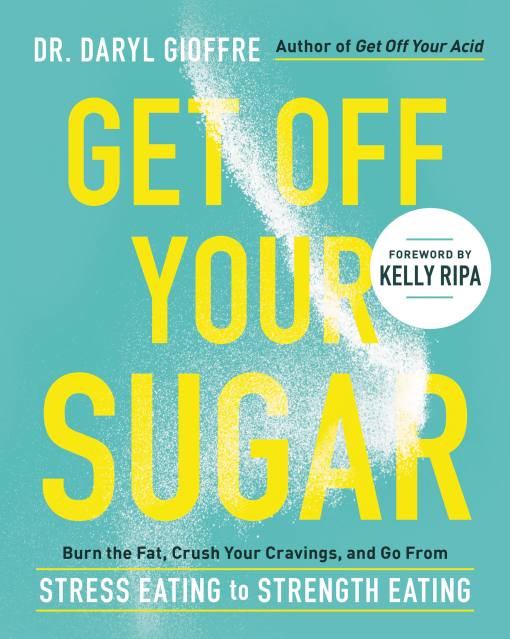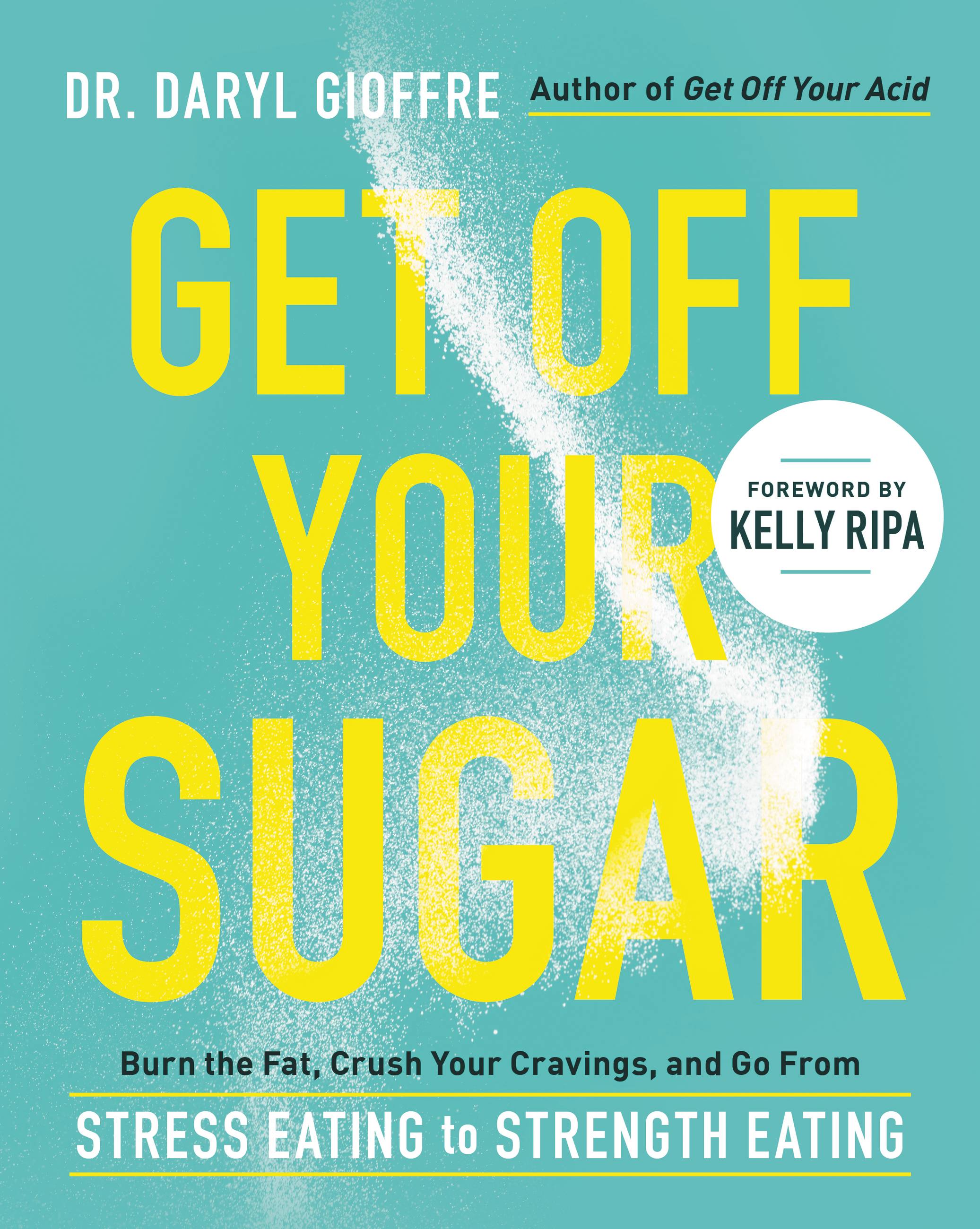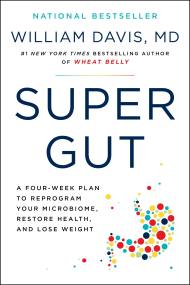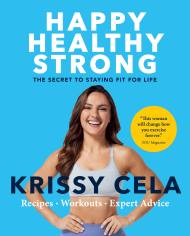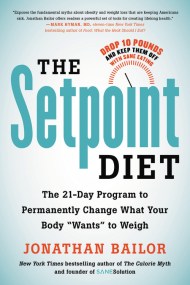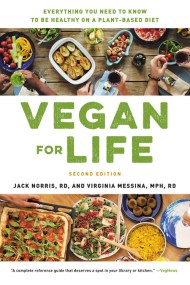Promotion
Use code MOM24 for 20% off site wide + free shipping over $45
Get Off Your Sugar
Burn the Fat, Crush Your Cravings, and Go From Stress Eating to Strength Eating
Contributors
Formats and Prices
Price
$14.99Price
$19.99 CADFormat
Format:
- ebook $14.99 $19.99 CAD
- Audiobook Download (Unabridged)
- Trade Paperback $18.99 $23.99 CAD
This item is a preorder. Your payment method will be charged immediately, and the product is expected to ship on or around January 5, 2021. This date is subject to change due to shipping delays beyond our control.
Also available from:
In his first book, Dr. Daryl Gioffre taught us how to fight inflammation by getting off unhealthy, highly acidic foods. Now, he’s targeted sugar—because when you break your sugar addiction, you cut out a major contributor to inflammation, brain fog, aging, and chronic disease. You’ll go from stress eating to strength eating with Dr. Gioffre’s life-changing plan:
Phase 1: Weed—7 days to detox your mind, body, and diet
Phase 2: Seed—21 days to crush your cravings
Phase 3: Feed—A lifetime of satisfying, strengthening eating
With tips for customizing the plan, including using clean keto and intermittent fasting to tune up your metabolism, and sixty-five craving-stopping recipes, Get Off Your Sugar is your guide to turning your body into a strength-eating, energy-filled, acid-kicking machine.
Phase 1: Weed—7 days to detox your mind, body, and diet
Phase 2: Seed—21 days to crush your cravings
Phase 3: Feed—A lifetime of satisfying, strengthening eating
With tips for customizing the plan, including using clean keto and intermittent fasting to tune up your metabolism, and sixty-five craving-stopping recipes, Get Off Your Sugar is your guide to turning your body into a strength-eating, energy-filled, acid-kicking machine.
Genre:
-
"Dr. Gioffre's Get Off Your Sugar program proves that you don't have to suffer to be in the best health of your life. He is a life changer, with incredible knowledge of longevity nutrition and ways to combat inflammation. I feel confident he helps add years to one's life."Ryan Seacrest
-
"Many people know me from The Nanny, but I'm also a cancer survivor and the Founder of the Cancer Schmancer Movement. I'm proud to say that Dr. Daryl Gioffre is a distinguished member of my medical advisory board. He is an incredible force and amazing motivator. He has turned his own pain into purpose after the passing of his beloved father and it is you and I who are the lucky recipients of his passion to educate us on how to live our best life! If you want to function at an optimum, feel a vibrancy you never thought possible, and reduce your risk of Dis-ease, then read Dr. Gioffre's book and start feeling better than ever!"Fran Drescher, president and founder, Cancer Schmancer Movement
-
"Sugar hides in hundreds of foods that most people think of as healthy--and these foods make it harder to combat cravings, lose weight, and prevent disease. Get Off Your Sugar will not only help you avoid these common pitfalls, but you will also find out what to eat to put an end to stress-eating and cravings, and feel fantastic each and every day."JJ Virgin, celebrity nutrition expert and author of four New York Times bestsellers including The Virgin Diet
-
"Sugar consumption is at an all-time high. This toxic, addictive substance contributes to cancer, heart disease, diabetes, obesity, and autoimmune diseases. Breaking the sugar habit is one of the biggest health challenges we face. That's why I recommend reading Get Off Your Sugar! But don't stop at reading. Grab a copy to gift to your loved ones as well. Dr. Gioffre has done a stellar job of putting together a succinct, science backed plan in his new book that will put you back in the driver's seat of your health. If you are a sugarholic, this book is a must own."Dr. Peter Osborne, bestselling author of No Grain No Pain
-
"Dr. Daryl's Get Off Your Sugar approach has not only changed my life, it has deepened my understanding of beauty from the inside out. If I've learned one thing in all of my experience, it's that what you put in your body is much more important than what you put on your face. This book will give you the power to transform your skin, energy, and health."Bobbi Brown, beauty guru, founder of Beauty Evolution and author of Beauty From the Inside Out
-
"This is an urgently needed book everyone should read now. Our health and immune function truly depends on us getting off of sugar and improving alkalinity as Dr. Daryl Gioffre shares. This elemental necessity is essential for our willpower and to empower us to make good choices in our daily lives every day."Anna Cabeca, DO, Ob/Gyn, bestselling author of The Hormone Fix and Keto-Green 16
-
"Consuming sugar is like pouring gasoline on a fire in our body! It triggers an explosive level of inflammation in the body that increases pain, suppresses your immune system, lowers energy levels and impairs your brain. Perhaps even worse, it causes an addiction as strong as any drug in the world. In this book, Dr. Gioffre shows you how to break free from your sugar addiction. Use your own body fat for fuel and build internal resistance so you can live at your best."Dr. David Jockers, DNM, DC, MS, founder of DrJockers.com, author of The Keto Metabolic Breakthrough
-
"I've seen the difference food can make in the lives of people all around the globe. Every bite you take fuels illness, or contributes to health. If you want to get off the fast-track to chronic disease, and take a step into a brighter future, then Get Off Your Sugar is for you."Ocean Robbins, bestselling author of 31-Day Food Revolution; CEO, Food Revolution Network
-
"I applaud Dr. Gioffre for his work. I've spent a lot of time studying the effects of sugar and exposing it for the health robber that it is. Its link to heart disease; attack on peripheral nerves; paralysis of the immune system; its competition with vitamin C have caused untold damage that can only be reversed by limiting your sugar intake. Dr. Gioffre not only identifies the problem but gives you a plan to overcome your sugar addiction. I especially love the chapter on remineralizing the body and highlighting my favorite mineral, magnesium as the most important mineral to replace."Carolyn Dean, MD, ND, author of The Magnesium Miracle, Sugar: Without the Icing, and 18 health books, which are available for free download at www.drcarolyndeanlive.com
-
"Dr. Gioffre provides cutting edge information to tackle the most dangerous health crisis of our time: obesity. Using the strategies in this book, especially as they pertain to stress-eating, you can conquer obesity and live the life you always dreamed."Jack Wolfson DO, FACC, author of The Paleo Cardiologist
-
"After being addicted to junk food for years which then led me to rock-bottom with my health, I can attest that sugar fuels cancer and other illnesses. However, healing is possible with nutrient-rich foods. In Dr. Gioffre's new book, Get Off Your Sugar, you will learn how to kick sugar cravings and be on your way to becoming the healthiest version of yourself . Get Off Your Sugar is full of recipes and strategies to make it easy to kiss sugar goodbye for good!"Liana Werner-Gray, nutritionist and author of The Earth Diet, Cancer Free With Food, and Anxiety Free with Food
-
"Dr. Daryl is one of the most passionate pioneers of health that is always on the pursuit of helping others get off sugar. His quest for true answers to healing our bodies is remarkable. Dr. Daryl's knowledge is packaged up in this book in an eloquent way that is an easy-to-understand yet fun to read! After reading Get Off Your Sugar, you will be inspired to take charge of your life and never touch the white stuff again!"Maria Emmerich, international bestselling author
-
"In Get Off Your Sugar, Dr. Daryl lays out an easy to follow plan to do just that--end sugar and carb addition. Food is medicine! This is simply a must-read for anyone wanting to improve their metabolic health. You will learn to overcome the cravings and get your mojo back!"Dorian Greenow, "Mister Mojo," aka Dorian, Founder of Keto-Mojo
- On Sale
- Jan 5, 2021
- Page Count
- 320 pages
- Publisher
- Hachette Go
- ISBN-13
- 9780738286211
Newsletter Signup
By clicking ‘Sign Up,’ I acknowledge that I have read and agree to Hachette Book Group’s Privacy Policy and Terms of Use
